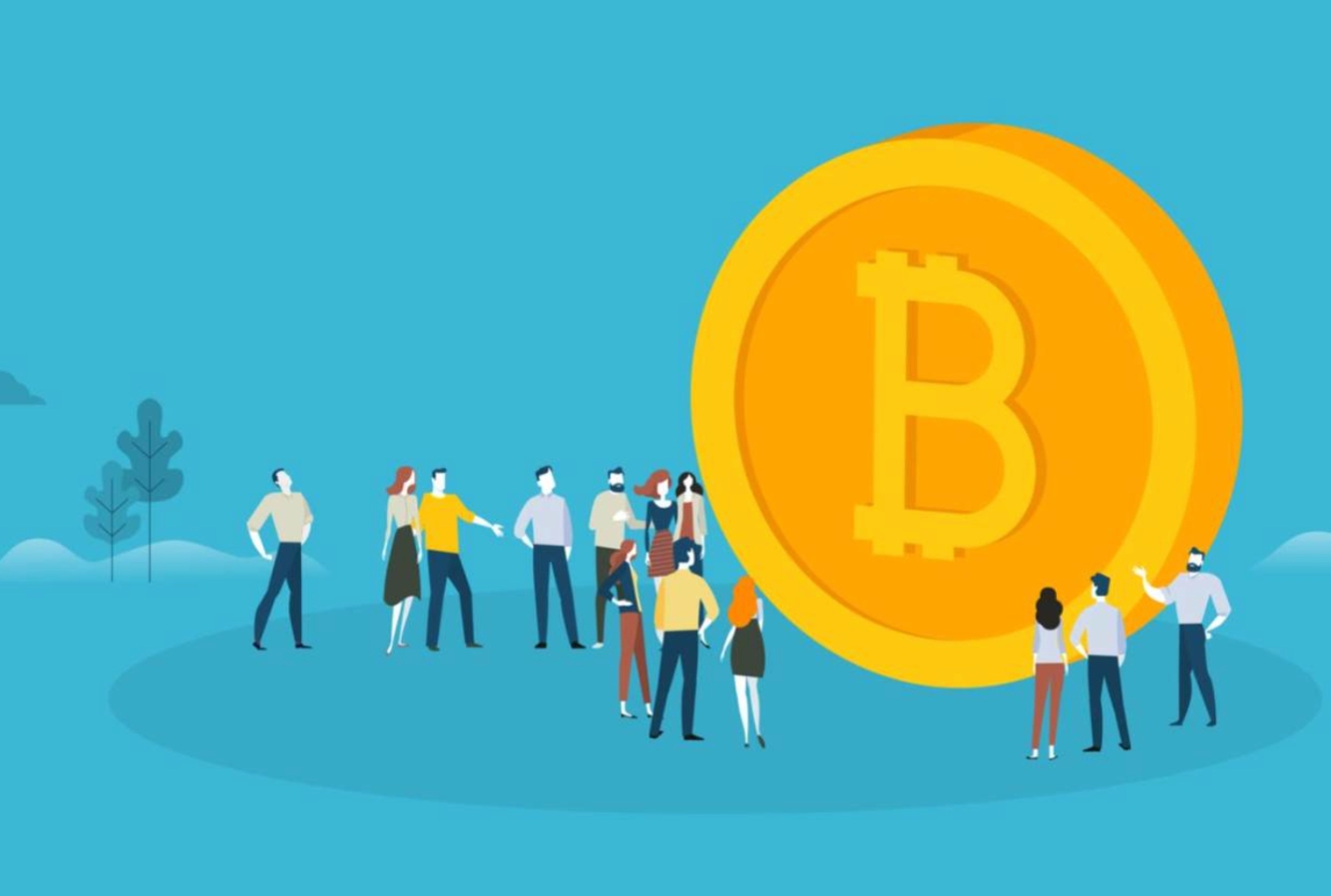Nobel Prize-winning economist comments: Will today's cryptocurrencies become the new "subprime"?
Source: The New York Times
Compiled by: Chain Catcher
Author: Paul Krugman. He has been an Opinion columnist for The New York Times since 2000 and is also a distinguished professor at the Graduate Center of the City University of New York. He was awarded the Nobel Prize in Economic Sciences in 2008 for his work on international trade and economic geography.
If the stock market does not represent the economy—factually it does not—then cryptocurrencies like Bitcoin do not really signify the economy either. Nevertheless, crypto has become a substantial asset class (and has brought enormous capital gains to many buyers), with a total market value reaching nearly $3 trillion by the fall of 2021.
However, since then, prices have plummeted, and the crypto market's value has shrunk by about $1.3 trillion. As of the morning of January 27, the price of Bitcoin was nearly half of its peak in November. So, who has been harmed by this crash, and what impact will it have on the economy?
I see disturbing similarities to the subprime crisis of the 2000s.
No, crypto will not threaten the financial system—the numbers are not large enough to do that. But there is increasing evidence that the risks of crypto technology are disproportionately falling on those who do not know what they are doing and are poorly positioned to cope with adverse outcomes.
What is crypto? There are many ways to make digital payments, from Apple Pay and Google Pay to Venmo. However, mainstream payment solutions rely on third parties—usually the bank that issued your card—to verify that you actually own the assets you are transferring. Cryptocurrencies use complex coding to eliminate the need for these third parties.
Skeptics wonder why this is necessary and believe that crypto will ultimately become a clumsy and expensive way to do things that could be done more easily through other means, which is why, 13 years after Bitcoin's launch, there are still very few legitimate applications for cryptocurrencies.
El Salvador adopted Bitcoin as legal tender a few months ago, and recent developments seem to support the skeptics' views: residents trying to use Bitcoin have found themselves facing enormous transaction fees. Nevertheless, crypto technology has been effectively marketed: it feels futuristic and caters to the old goldbug fear that "the government will inflate your savings," while past enormous gains have attracted investors worried about missing out. Thus, crypto technology has become a massive asset class, even though no one can clearly explain its legitimate uses.
But now the crypto system has collapsed. Perhaps it will recover and soar to new heights as it has in the past. However, for now, prices are plummeting. Who are the losers?
As I said, the subprime crisis 15 years ago is unsettling.
Crypto is unlikely to trigger a full-blown economic crisis: It is a huge world, and even a $1.3 trillion loss represents only about 6% of U.S. GDP, a blow that is an order of magnitude smaller than the impact of the housing price drop during the real estate bubble burst. Activities like Bitcoin mining, while environmentally destructive, are economically trivial compared to residential construction, whose collapse played a significant role in the Great Recession.
Even so, some people are still harmed. Who are they?
Crypto investors seem to differ from investors in other risk assets like stocks, who are mostly well-educated affluent whites. According to a survey by the research organization NORC, 44% of crypto investors are not white, and 55% do not have a college degree. This aligns with qualitative research evidence that crypto investing is very popular among minority groups and the working class.
NORC states that this is good, "cryptocurrencies open up investment opportunities for more diverse investors." But I remember the days when subprime loans were similarly celebrated—at that time, they were hailed as a way to "open up homeownership to previously excluded groups."
However, it turned out that many borrowers did not understand the predicament they were in. Federal Reserve official Ned Gramlich famously warned about the growing financial risks at the time, but he was ignored. He asked, "Why are the riskiest loan products being sold to the least sophisticated borrowers?" Then he declared, "The question itself answers everything." After the subprime bubble burst, homeownership rates plummeted.
The enormous price volatility of cryptocurrencies seems unrelated to fundamentals, and their risks are as high as those of any asset class.
Now, perhaps we who still do not see any benefits of cryptocurrencies beyond money laundering and tax evasion are simply missing the picture. Perhaps the valuations of Bitcoin and its competitors (though not their "use") rising represent more than just a bubble, with people buying an asset simply because others have made money from it in the past. Investors can bet against the skeptics.
But these investors should have sufficient conditions to make judgments. If the skeptics are right, their financial situations should be robust enough to withstand losses.
Unfortunately, that is not the case. If you ask me, regulators made the same mistake with subprime issues: they failed to protect the public from financial products that no one understood, and many vulnerable families may ultimately pay the price for this.










